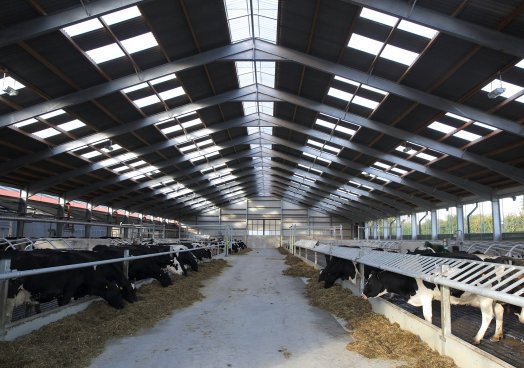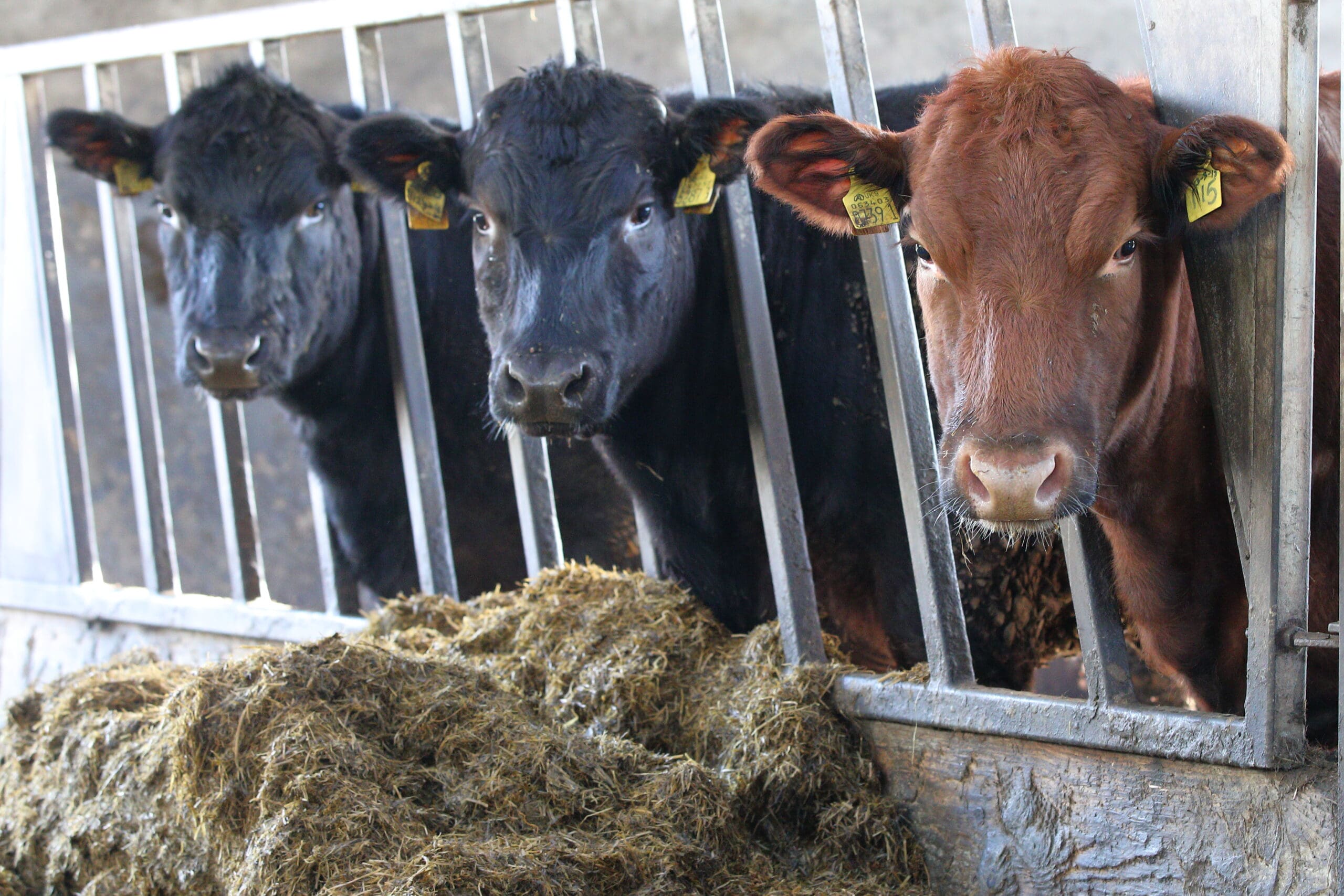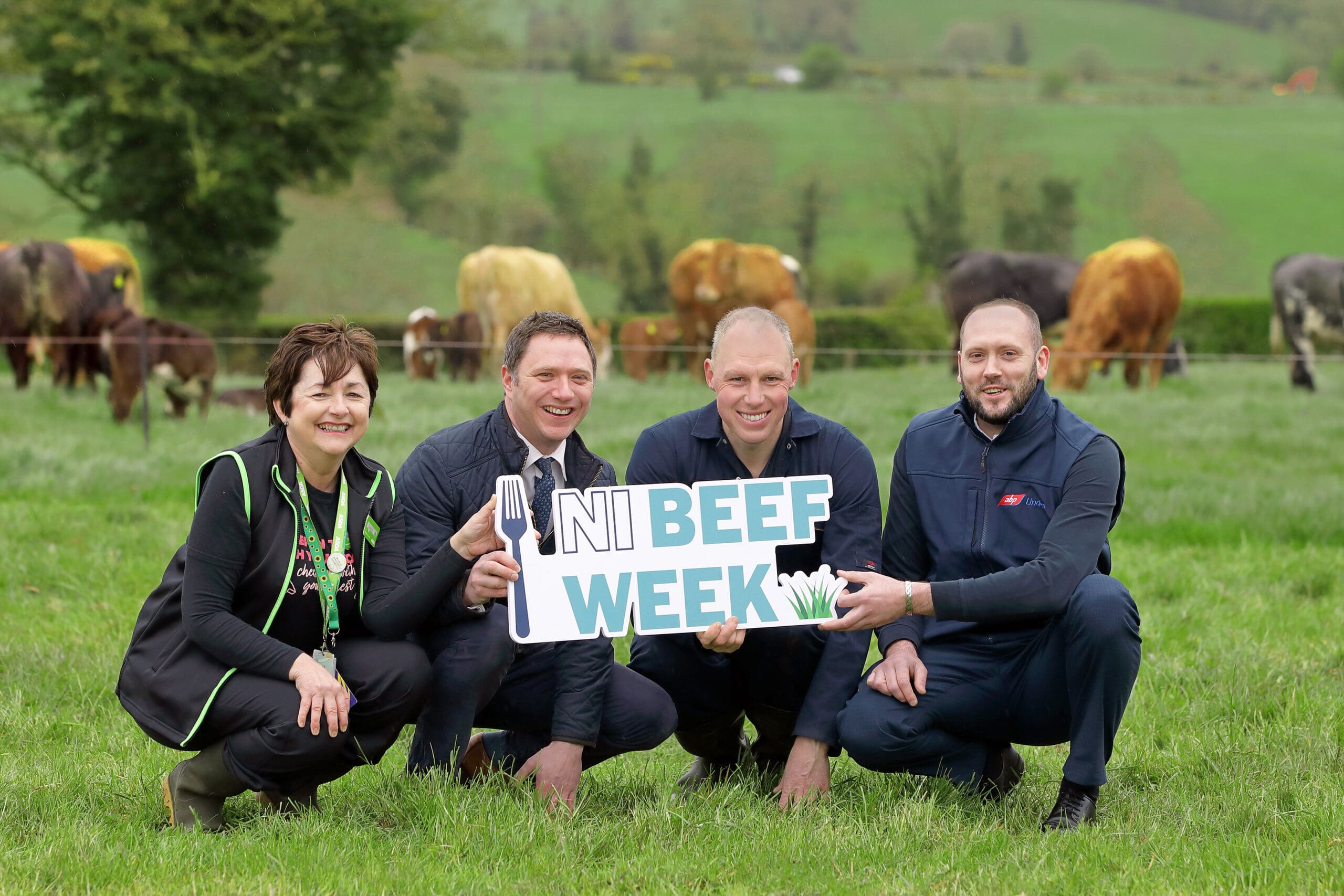
Commodity Watch
The Food Standards Agency (FSA) has opened a consultation process to review current RDM (Raw Drinking Milk and Cream which is unpasteurised) requirements in Northern Ireland, England and Wales. By Raw Drinking Milk we are referring to farms FSA-registered to produce solely raw milk. Raw milk products (raw milk cheese, yoghurts etc) are outside the remit of this review. It should be noted that the sale of RDM is banned outright in Scotland since 1983 and not part of this consultation review.
Since 1985, there have been controls in place on the sales of raw milk in this jurisdiction and this is the first review since 1997. The government aim was to restrict the RDM market, initially only permitting the direct sale of raw milk from the farm to the consumer (inc internet sales), this was followed by further controls including health warning labels, enhanced hygiene requirements, an increased inspection and microbiological sample testing in order to predict the consumer. RDM was last reviewed in 1997.
The objective of this FSA review is to ensure that the controls currently in place to manage the “risk” associated with RDM are proportionate and risk based, taking into consideration latest scientific evidence and most importantly for ourselves the views of producers and policy makers.
Four options identified by the FSA for consideration are;
Option 1 – Do nothing
Option 2 – All milk to be pasteurised prior to sale
Option 3 – Allow sales of drinking milk from all outlets
Option 4 – Introduce measures to harmonise and clarify current controls
FSA have identified Option 4 as the preferred option.
What would option 4 involve?
Labelling change (harmonisation of labelling across England, Wales and Northern Ireland)
Extend sales restrictions to all species (not just dairy cows)
New sales routes rules (including those covering online purchases)
The FSA believe that Option 4 will enhance current controls through the harmonisation of current controls for all species (not just dairy cows) and labelling provided to consumers. The FSA believe that there is not enough scientific evidence to deviate from a median approach and to either decrease or increase restrictions on the sale of RDM.
UFU Response
Contrary to what the FSA say, there are actually a small number of dairy farmers in NI producing RDM and this is expected to grow as demand develops for the production and consequently the UFU support the review of the existing regulations. There should be a specific review of the current hygiene inspections and how they are interpreted and applied. Furthermore, the UFU are cautious about any harmonisation of labelling of RDM across NI, Wales and England, on account of the inhibitive wording passed by the Welsh Assembly in 2006. In replying to the consultation, we will consider the small but growing RDM producers in NI and ensure that the market remains open and accessible for any would-be RDM farmers.
The deadline for responses is 30 April 2014.




